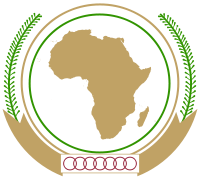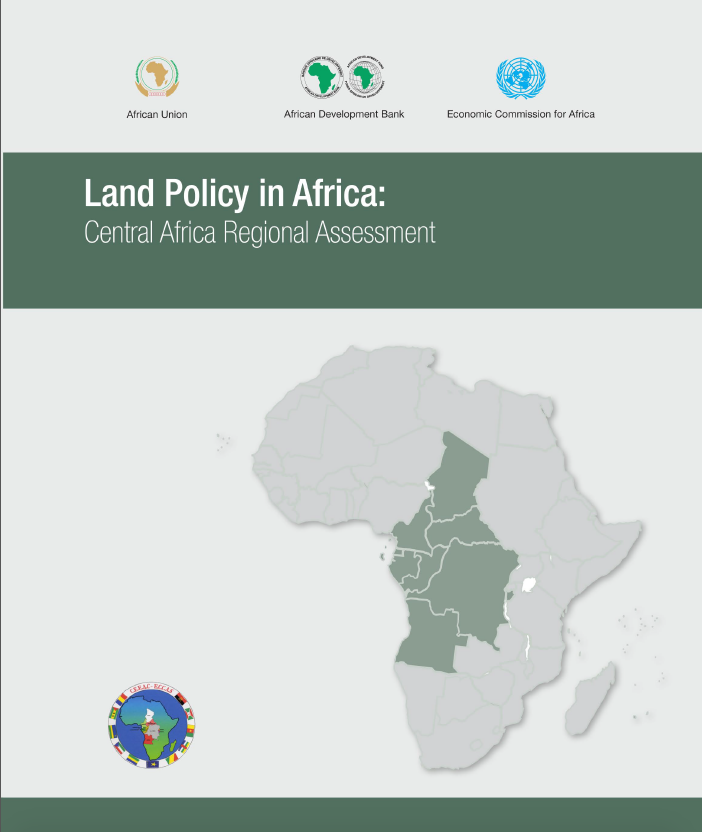On 9.9.1999, the Heads of State and Government of the Organisation of African Unity issued a Declaration (the Sirte Declaration) calling for the establishment of an African Union, with a view, inter alia, to accelerating the process of integration in the continent to enable it play its rightful role in the global economy while addressing multifaceted social, economic and political problems compounded as they are by certain negative aspects of globalisation.
The main objectives of the OAU were, inter alia, to rid the continent of the remaining vestiges of colonization and apartheid; to promote unity and solidarity among African States; to coordinate and intensify cooperation for development; to safeguard the sovereignty and territorial integrity of Member States and to promote international cooperation within the framework of the United Nations.
Indeed, as a continental organization the OAU provided an effective forum that enabled all Member States to adopt coordinated positions on matters of common concern to the continent in international fora and defend the interests of Africa effectively.
Through the OAU Coordinating Committee for the Liberation of Africa, the Continent worked and spoke as one with undivided determination in forging an international consensus in support of the liberation struggle and the fight against apartheid.
Members:
Resources
Displaying 31 - 35 of 66Land Policy Initiative: Elements of a 5-year LPI Strategic Plan and Roadmap (2012-2016)
LPI Goal
The principle goal of the LPI is “to assist member states in the implementation of the AU Declaration on land Issues and challenges in Africa, in accordance with the Framework and Guidelines on Land Policy in Africa, in order to achieve socio-economic development, peace and security, and environmental sustainability”
Land Policy in Africa: Central Africa Regional Assessment
The Central African region includes Angola, Burundi, Cameroon, Central African Republic, Chad, Congo, Democratic Republic of Congo, Equatorial Guinea, Gabon, Sao Tome & Principe. The region is characterized by its high diversity, as it reflects all types of ecosystems of the continent. The region is most known as hosting one of the world’s richest forest biodiversity as well as valuable natural resources such as mineral resources and oil. The population of Central African region was estimated at some 121 000 000 inhabitants in 2007. However this population is unevenly distributed.
Tracking progress in land policy formulation and implementation in Africa: background document
Cognizant of the centrality of land policy issues in Africa, a joint initiative was undertaken by the African Union Commission (AUC), United Nations Economic Commission for Africa (ECA) and the African Development Bank (AfDB) in 2006, forming the genesis of the Land Policy Initiative (LPI). Through the LPI important actions and measures have been launched including a series of regional studies on land issues across Africa accompanied by rigorous consultations and discussions at regional and continental levels.
Report on the implementation of the comprehensive Africa agriculture development programme (CAADP) : input to the Ministers of Finance Meeting
This progress, however, has exposed the critical constraints and experiences in CAADP implementation. Implementation of country plans for results and impact has now put CAADP on the spot to demonstrate that the good policy environment provided can be translated into clear results, impact with clear growth, food security and increased incomes.
Land policy in Africa : West Africa regional assessment
The report considers the critical issues providing the context for discussing land issues affecting West Africa as a region. These include the political, social and economic context, colonial legacy and legal plural systems, the operations of regional economic communities and other regional initiatives, impact of demography, migration and urbanization, conflicts and post-conflict issues, as well as shared resources and ecosystems.




